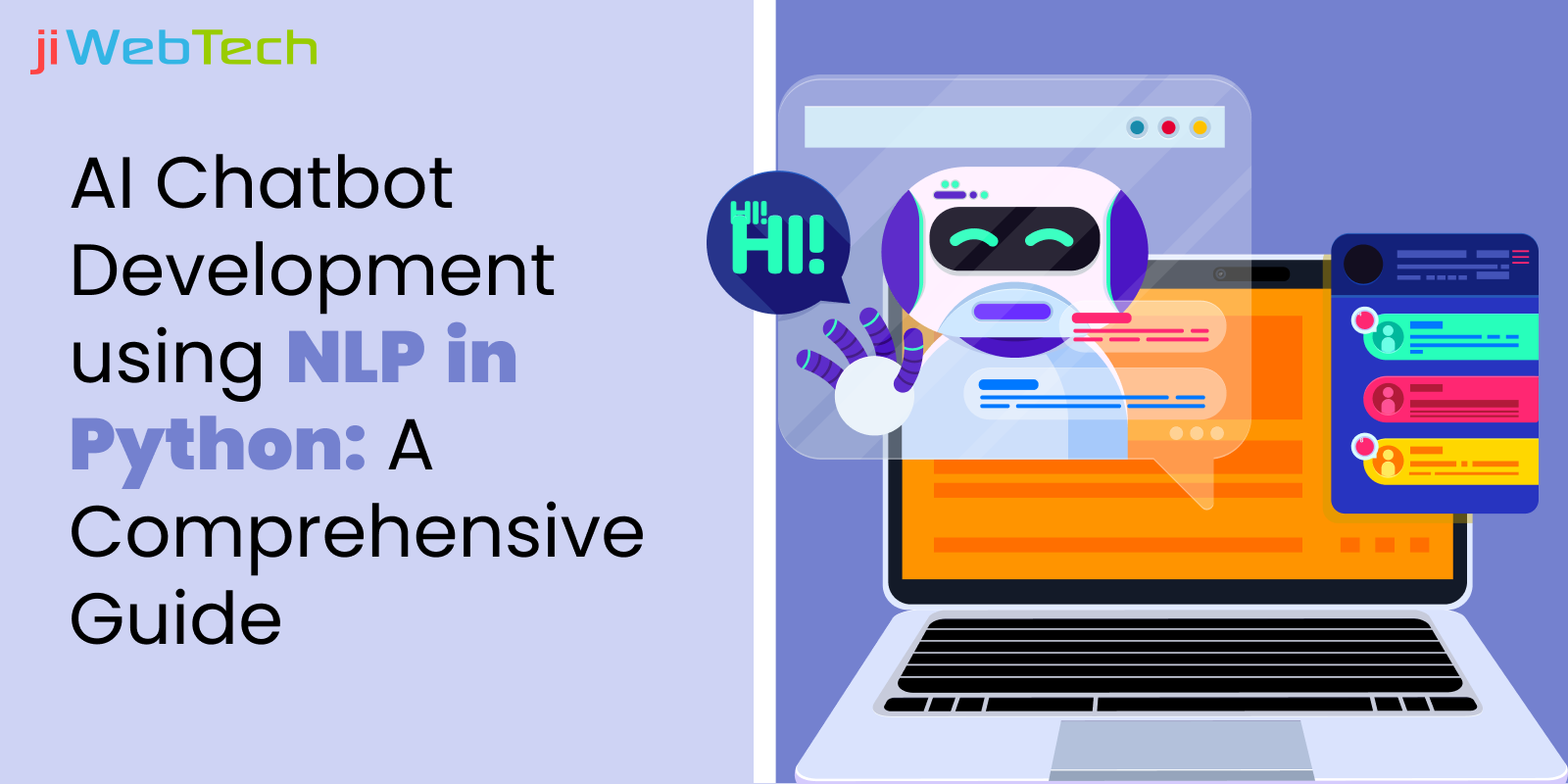AI in Healthcare: How to Build and Implement AI Chatbot [Using Python]
The concept of artificial intelligence (AI) and automation has significantly impacted various industries, including medicine and healthcare. With the integration of AI in healthcare, there has been a surge in innovations such as EHR/EMR systems, wearable devices, telemedicine, and the introduction of AI chatbots.
AI chatbots play a vital role in transforming the healthcare sector, offering personalized support to patients and healthcare providers. These AI-powered virtual assistants are designed to engage in human-like conversations, providing a seamless interaction experience for users.
Healthcare chatbots are trained on healthcare-related data and can address a wide range of patient queries, including appointment scheduling, prescription refills, and symptom assessments. These chatbots play a crucial role in enhancing healthcare services by facilitating tasks such as appointment scheduling, symptom checking, medication reminders, and mental health support.

Benefits of AI Chatbots in Healthcare
AI chatbots offer a myriad of benefits that improve patient care and streamline healthcare operations. They can educate patients, monitor health metrics, handle insurance inquiries, and enhance overall support for healthcare organizations, leading to a more efficient and accessible healthcare experience.
These virtual assistants promote a healthy quality of life and better treatment outcomes by providing personalized assistance to patients, helping them manage chronic conditions effectively.
Ethical Considerations in Using AI Chatbots in Healthcare
Integrating AI chatbots into healthcare requires adherence to high ethical standards to ensure the well-being of patients. These digital assistants must prioritize privacy, informed consent, accuracy, reliability, and maintaining a human touch in their interactions.
- Ensuring Data Privacy and Security
- Respecting Patient Autonomy
- Maintaining Accuracy and Reliability
- Balancing Human Interaction with AI Assistance
- Enhancing Patient Support and Outcomes
Implementing AI Chatbots in Healthcare
Developing a successful strategy for implementing AI chatbots in healthcare involves meticulous planning and execution. Here are some steps to guide you through the process:

- Identifying Healthcare Challenges and Solutions
- Selecting Appropriate Communication Channels
- Measuring Bot Performance and Engagement
- Iterative Improvement and Monitoring
- Creating a Unique Bot Personality
- Training the Bot for Various Scenarios
- Thorough Testing and Deployment
- Continuous Monitoring and Feedback Integration
When it comes to developing AI chatbots, Python emerges as a preferred choice due to its effectiveness and versatility. Python offers a robust platform for creating AI chatbots, enabling developers to build sophisticated conversational agents with ease.
By leveraging Python's capabilities, healthcare organizations can enhance patient care, streamline operations, and drive better outcomes through AI-powered chatbots.




















